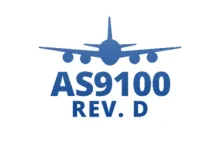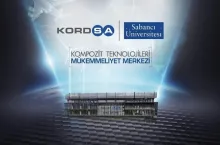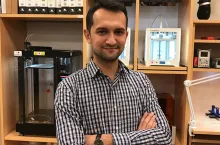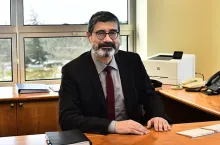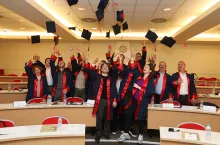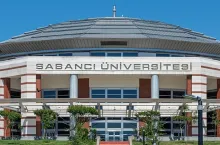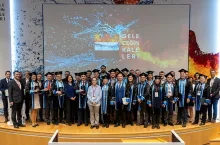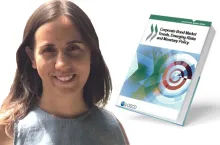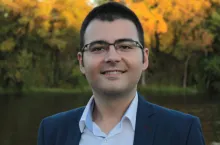
Dear Students of Sabancı University,
Because of the COVID-19 outbreak that started in December 2019, we are going through an unprecedented period of change on a global scale. For all of us, this period entails much more than just fighting against a disease. We are trying to rapidly adapt to new conditions while also experiencing various difficulties in all aspects of our lives. The online education program is one of the fields in which we are quickly adapting, for the benefit of both our valued students and for our faculty members.
According to the announcement of the Higher Education Council on 26 March 2020, the decision has been made to fully carry out the 2019-2020 Spring semester through online distance education. This decision will allow your education to continue at the highest possible standards, while also presenting you with a new experience. In a world that is being besieged by extraordinary circumstances, we remain of the few privileged universities within which education is continuing online and uninterrupted, thanks to the new decisions and changes being implemented.
As Sabancı University, we have quickly established our roadmap thanks to the efforts of our faculty members, our experience with innovative education which includes distance learning, and our existing infrastructure. In addition, we have contacted the world’s most prestigious educational institutions and chosen the most suitable digital platforms in order to offer you the most effective learning experience in the present circumstances. At a time when many universities in developed countries are struggling to provide a clear plan of action for their students, we are determined to offer our students all the possibilities with which they can pursue their education without wasting time. As of today, we anticipate that the 2020 Summer Term will be taking place with the previously announced courses and schedule.
Furthermore, we can proudly state that the research carried out by our university has started to contribute directly to the development of effective solutions in the fight against the COVID-19 outbreak. We intend for our scientific contributions in this effort to continue and increase. The ongoing developments can be followed on our website. It is befitting for our university, which in the past 20 years has been a pioneer in every field, to direct its trailblazing research capabilities towards this important goal.
It should not be forgotten that we are dealing with completely new conditions that have never been experienced in any part of the world to this day. We need to implement a new model of operation adapted to these new conditions in every domain in which we are active, be it education, research, or scientific activities. Consequently, the new solutions being implemented must naturally be different from the solutions that were valid up until a few months ago. Some of these solutions may not be ideal but are designed to work to the best of our abilities, in the present circumstances. We should turn the various limitations, created by the extraordinary conditions in which we find ourselves, into opportunities, using the capabilities that technology offers. Together with our faculty members, our staff and you, our dear students, we are committed to continue our pioneering work in this new era. For us, it is out of the question to sit and wait.
Promising examples in a few countries show us that, with the help of concerted effort and good practices, the effects of the COVID-19 outbreak can be contained – and these successful examples give us hope for the future. In a few months, when the impact of the outbreak is contained worldwide, we will be faced with completely new conditions. For our entire university community, and for the whole of our country, it is within our reach to be prepared, as much as possible, for these new conditions, and for this new world. If we are able to take advantage of the current situation, and use our present circumstances to prepare ourselves, we can take our rightful place in the new world that awaits us. We wholly trust in our ability to succeed.
We will continue to rapidly adapt ourselves according to the developments and continue to inform you. We are going through a very dynamic period and we need to make decisions accordingly. In the online education period that will continue until the end of the semester, our wish is for you to focus on your education, adhere to our university’s most important principles – academic honesty and awareness of responsibility – and to trust in us.
As your university, we will continue to be by your side, despite you being away from campus.
I wish you a semester full of learning and inspiration, where you remain healthy and safe in your homes.
Sincerely,
Yusuf Leblebici
President



